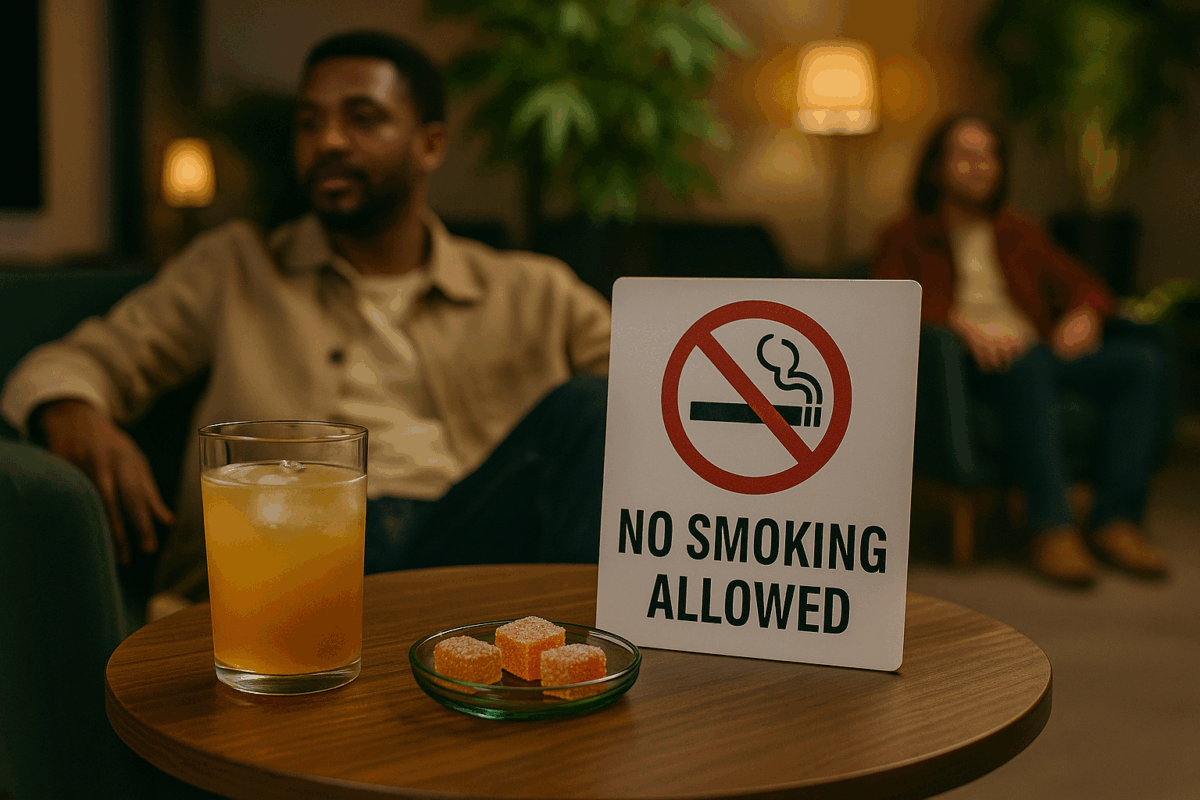The Initial Promise of the Microbusiness License
Amid the burgeoning legalization of marijuana, voices of contention have begun to ring louder in the debate. A prominent figure among these voices is Adolphus Pruitt, the President of the St. Louis City National Association for the Advancement of Colored People (NAACP). He championed the establishment of a “microbusiness license” program under the marijuana legalization amendment. Primarily designed to support business owners residing in areas hit hardest by marijuana criminalization, this initiative catered significantly to the Black communities, as demonstrated by several studies.
The Shocking Reality
However, Pruitt’s approval waned drastically upon the unveiling of the fine print associated with the license application set to release on June 6. A sense of shock reverberated when the qualifying ZIP codes for the microbusiness license were made public. Out of the 121 listed, a mere nine pertained to the St. Louis region, leaving North St. Louis, home to half of the state’s Black population, noticeably absent.
The Disbelief and the Call for Action
Applicants must provide proof of residence in these ZIP codes through utility bills, personal property tax bills, or copies of a current mortgage or lease. Pruitt expressed his disbelief, stating the inconceivable fact that predominantly affluent areas like Clayton have higher marijuana-related arrest rates than North St. Louis. The Missouri Department of Health and Senior Services (DHSS), responsible for overseeing the marijuana program, received a call for immediate rectification from Pruitt ahead of the application form release in two weeks.
Problem Beyond St. Louis
The problems with the “qualifying ZIP codes” listed in the state’s new cannabis rules extend beyond the St. Louis ZIP codes. They encompass various state agencies and rural regions with sparse populations, raising concerns over equitable access to these licenses.
State’s Response
Responding to Pruitt’s concerns, Amy Moore, director of the state’s Division of Cannabis Regulation, defended the list. She stated that the DHSS had relied on the only complete incarceration data set from the Missouri State Highway Patrol for its analysis.
Rising Concerns and Controversies
As the discussion around microbusiness licenses intensifies, critics question the fairness and authenticity of the eligibility criteria. Questions regarding the ZIP codes representing areas with prison or jails, where people are incarcerated, rather than their actual residences have been raised.
Lack of Outreach
Amid these controversies, another concern is the lack of education and outreach on the program. Advocates of the scheme underline the necessity of clarifying eligibility requirements and the application process. Despite mandates requiring the chief equity officer to create and promote educational programming, applicants report a lack of outreach.
Conclusion
The future of the microbusiness license scheme is under scrutiny, with calls for transparency and equity growing louder. Pruitt argues that the licenses should provide people of lower socioeconomic status the opportunity to become cannabis business owners, a vision that the current rules and ZIP codes seem to overlook.










